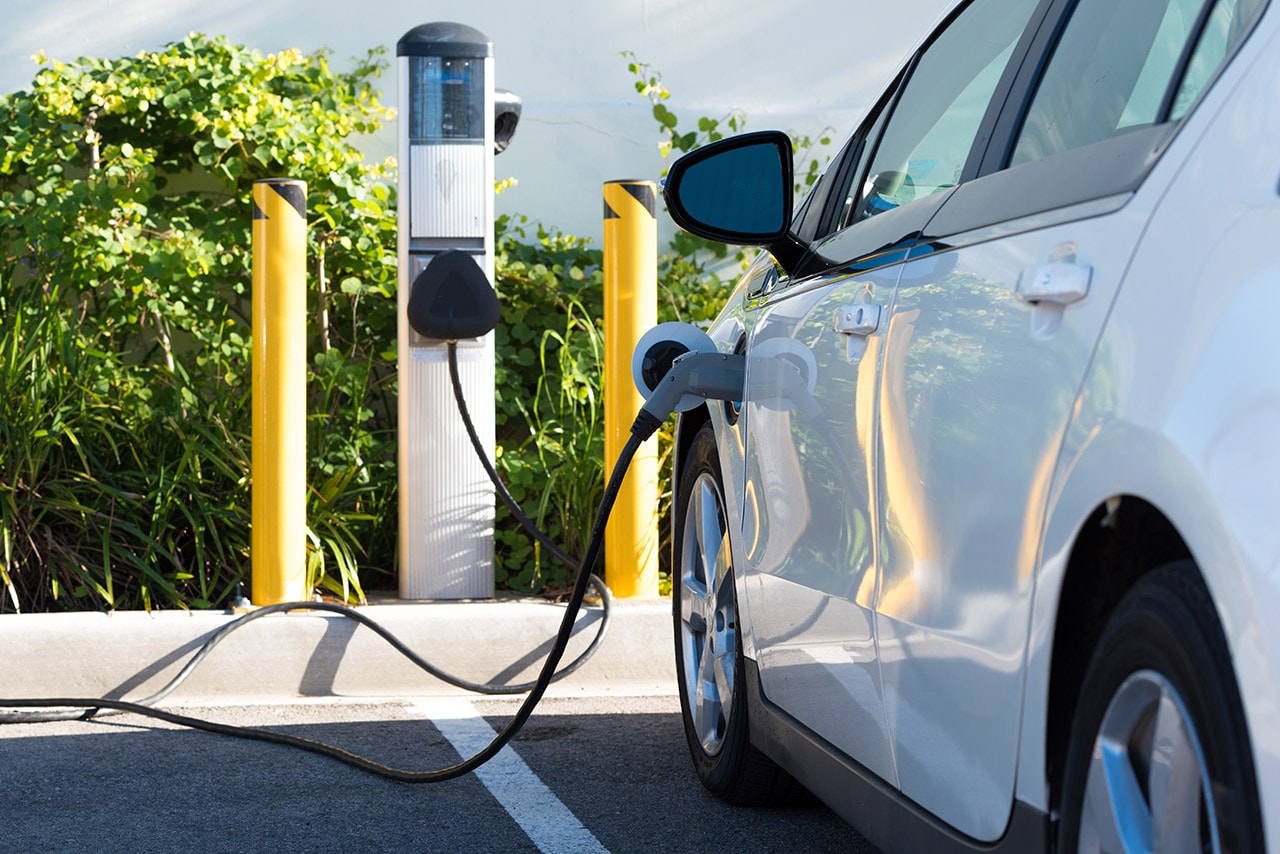
If you want to do your part to help the planet, it’s nice to know that you can accomplish this and also help your wallet by buying an electric vehicle. One of the main benefits of electric cars is never having to buy gas, but you still have to pay to keep your vehicle charged. This guide will help you figure out what your expenses will be.
Cost Per kWh at Home
Electric vehicles’ battery capacity is measured in kilowatt-hours (kWh). The Hyundai Ioniq 5, for example, can come with a 77.4-kWh battery. If you have a 240-volt outlet at your home – or even if you’re using a regular 120-volt outlet – you can figure out how much it costs to get your battery charged by knowing your electricity rates.
While the national average is just under 15.5 cents per kWh, it’s almost double in California. As of June 2022, the rate here is nearly 29 cents per kWh. However, even given that price difference, it’s still cheaper to charge an EV than it is to run a comparable ICE (internal combustion engine) vehicle.
Cost Per kWh at Charging Stations
While charging at home is your cheapest option, most drivers will need to use a public charging station at some point. The advantage of these is that they can quickly add many miles of driving range to your car. The downside, however, is that this costs more money. While the average is around 40 cents per kWh, this could vary widely based on where you go and even the time of day.
New technology always raises new questions. If you’d like to learn more about Hyundai electric cars or the expenses related to operating them, feel free to contact Keyes Hyundai near Los Angeles.